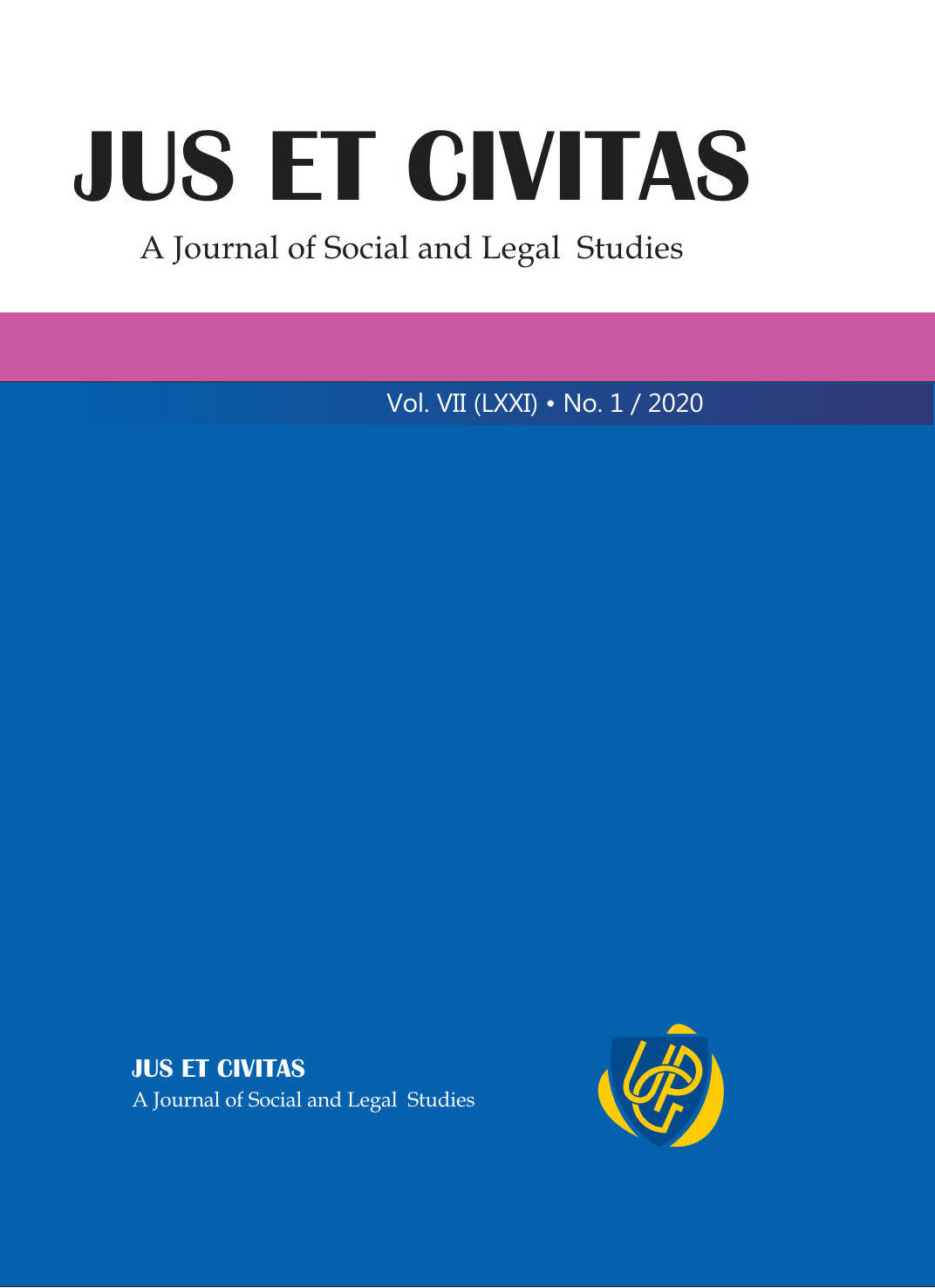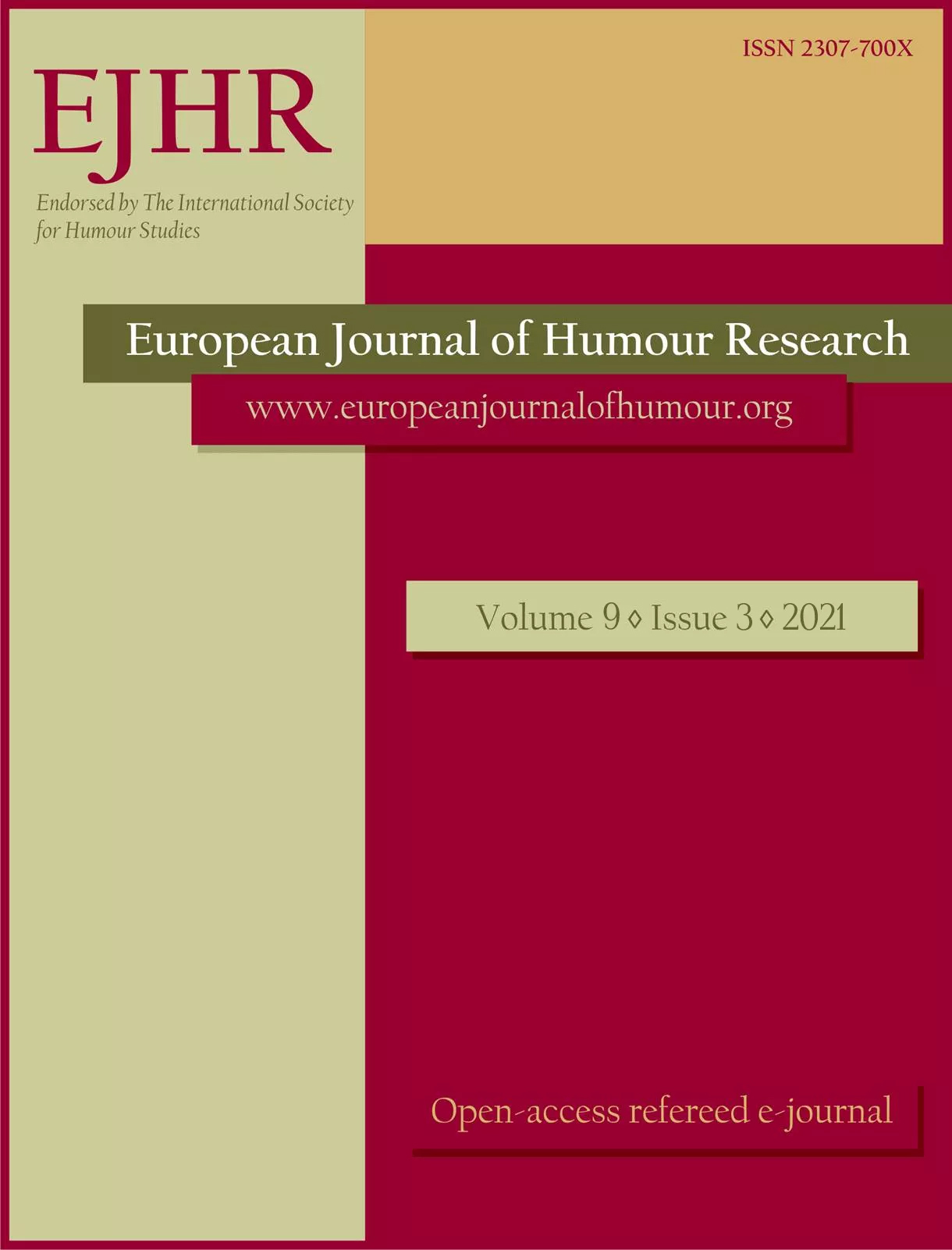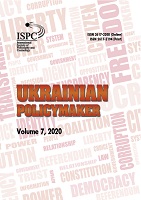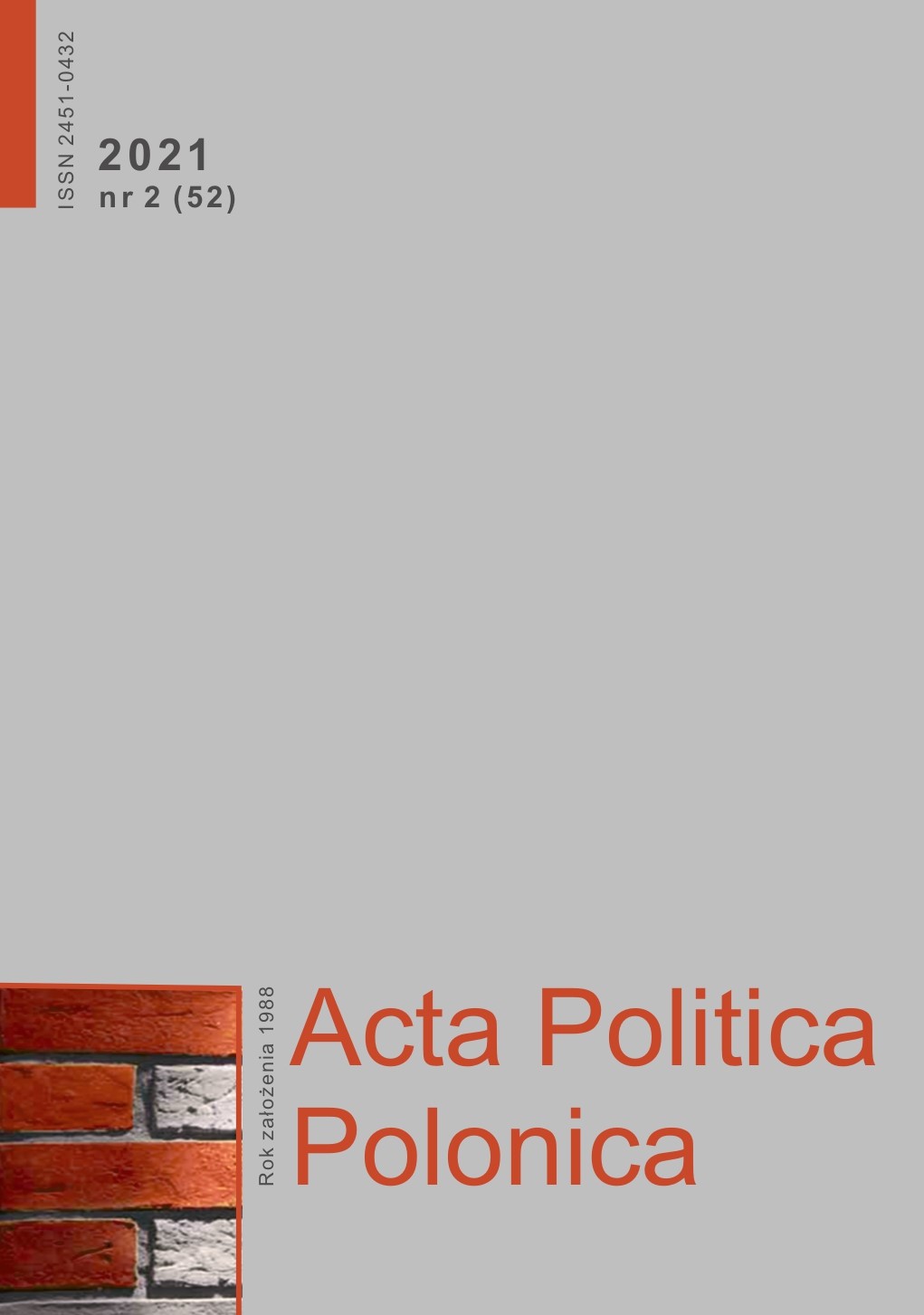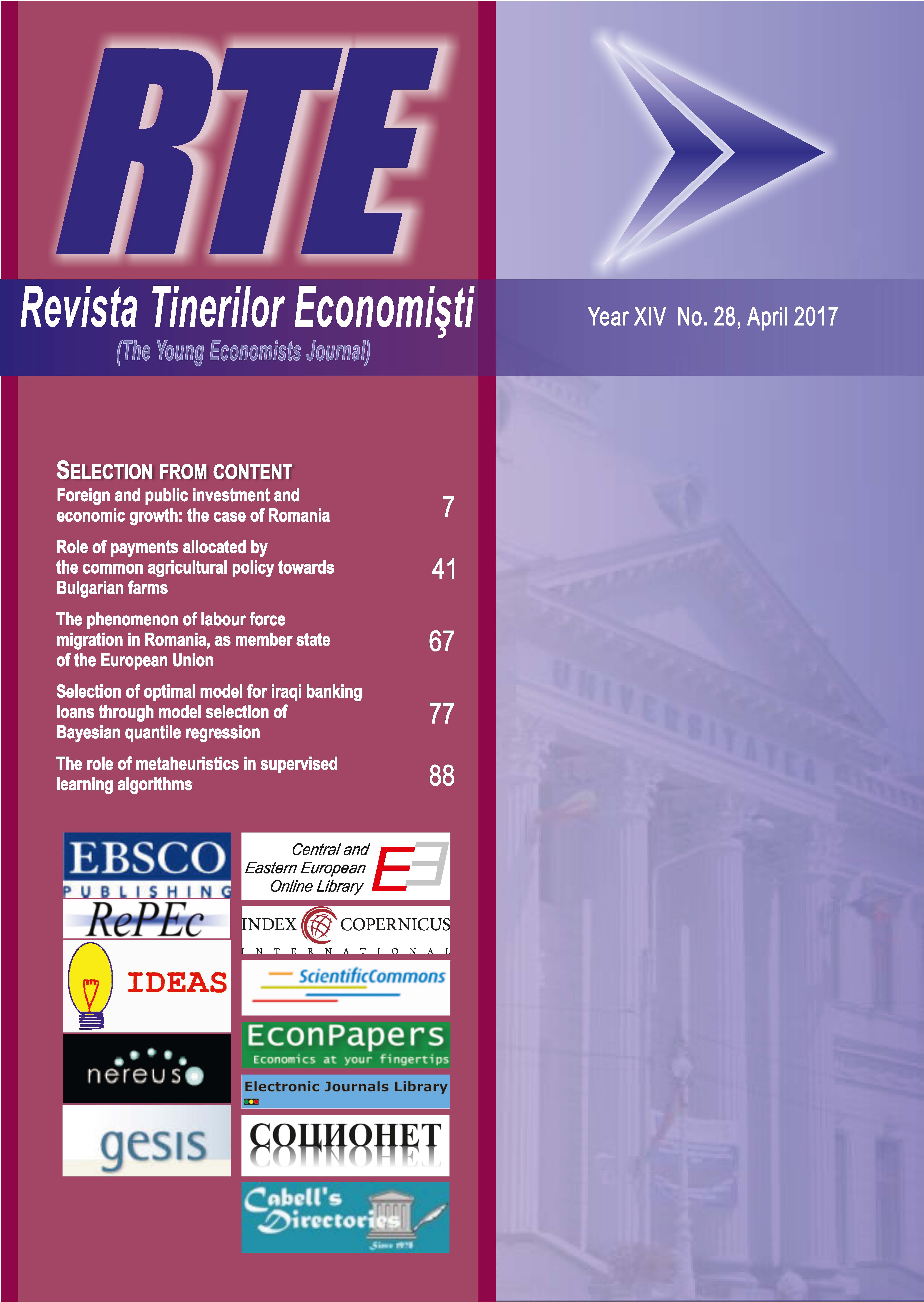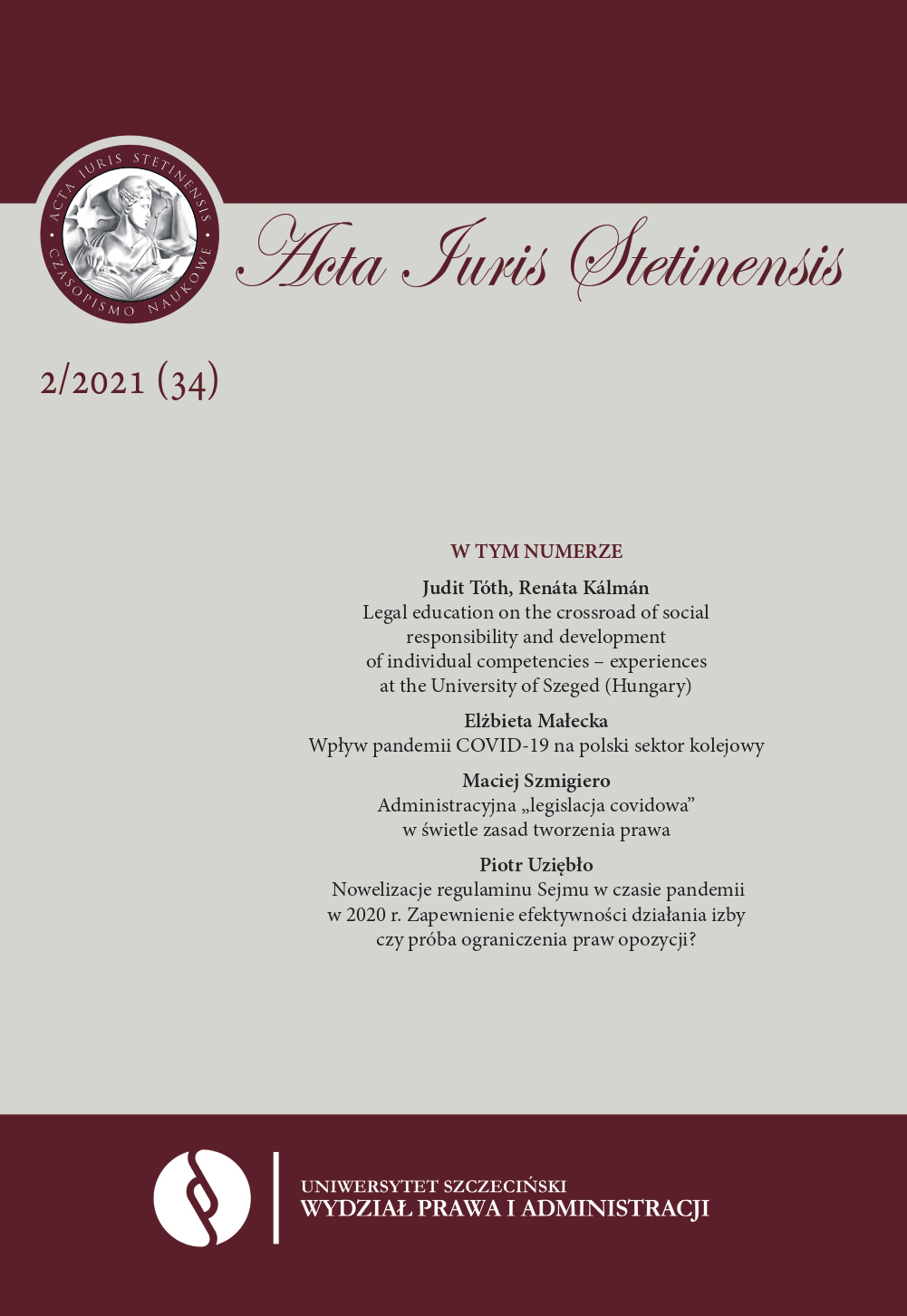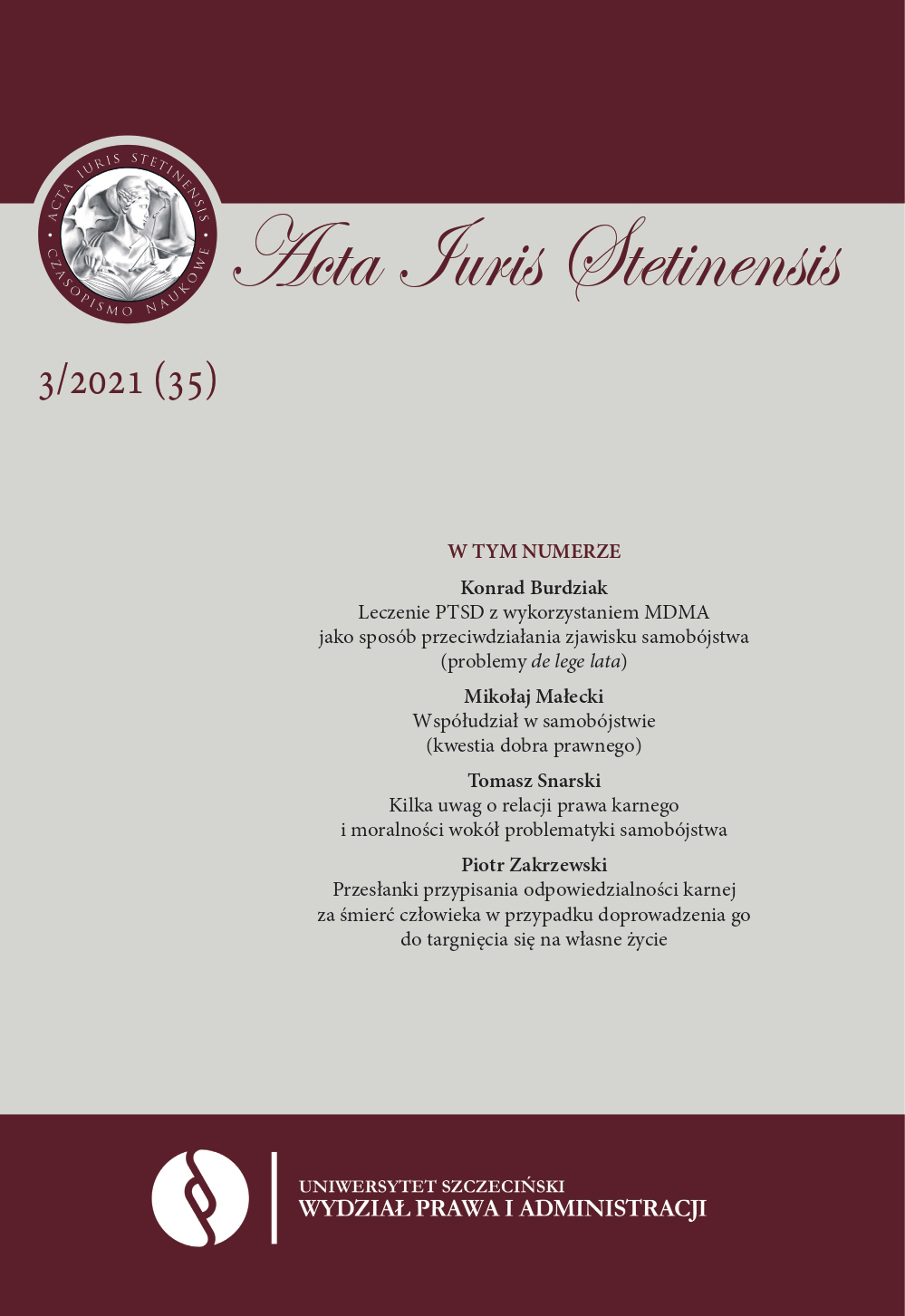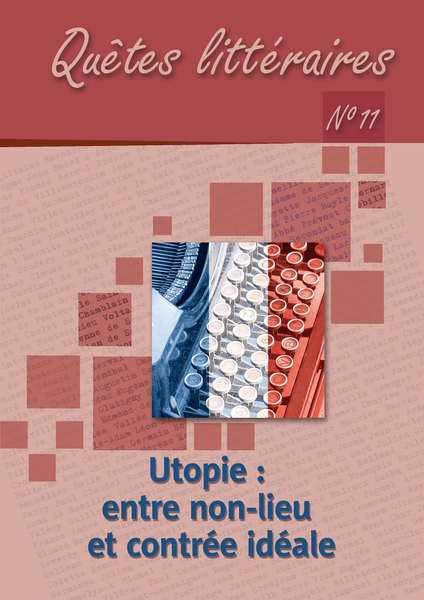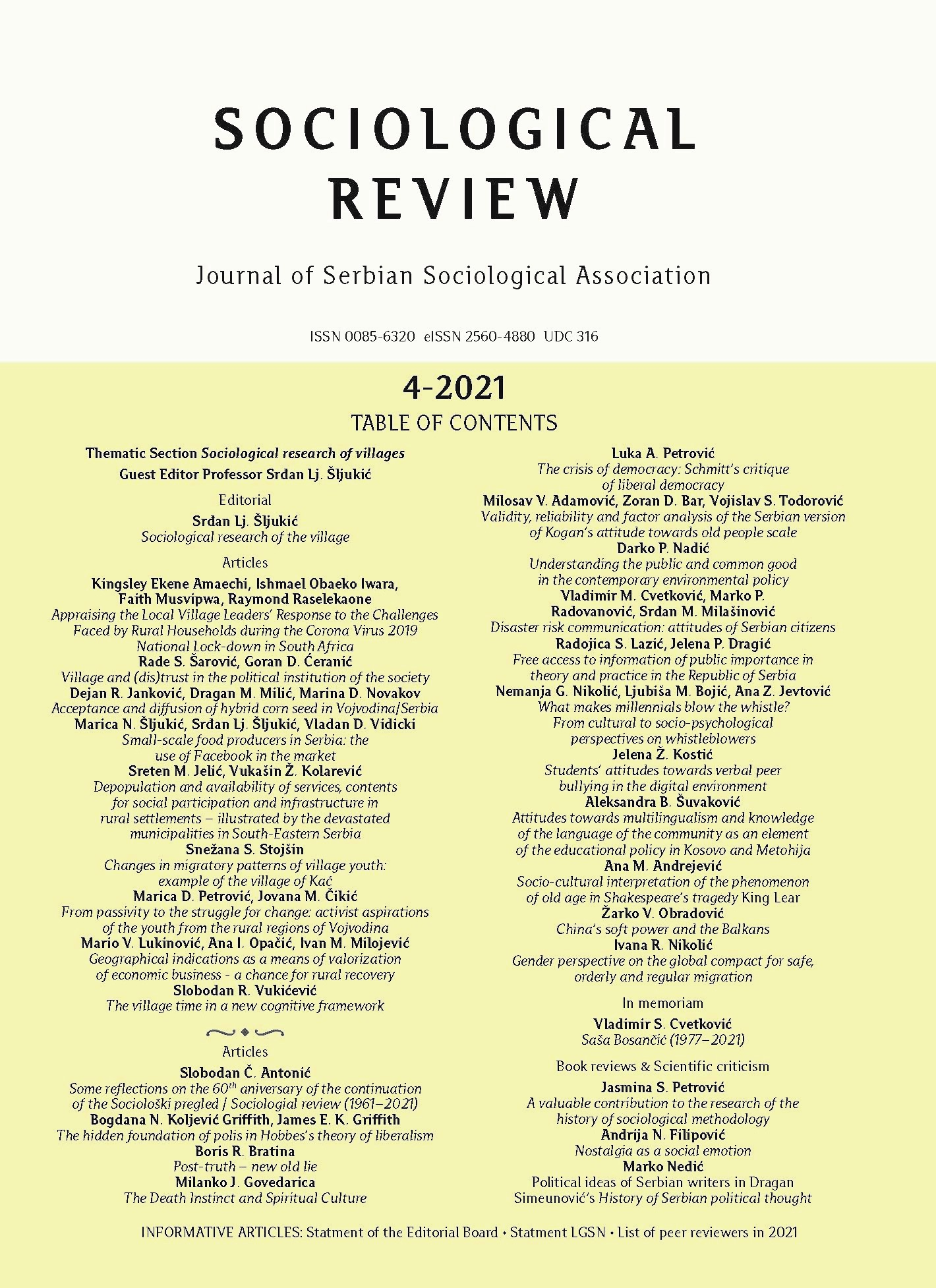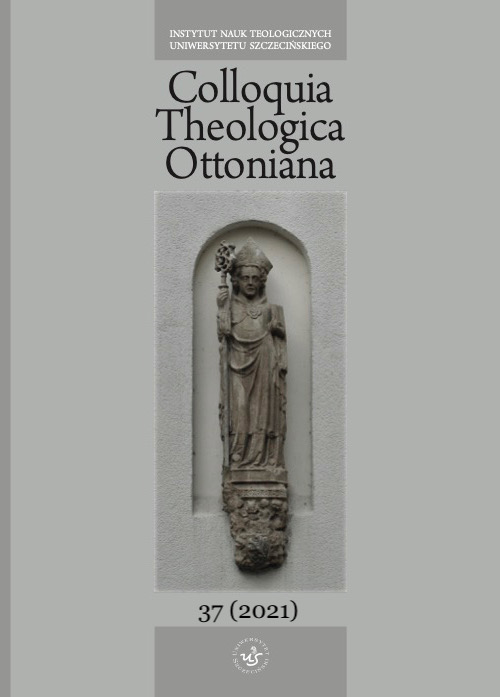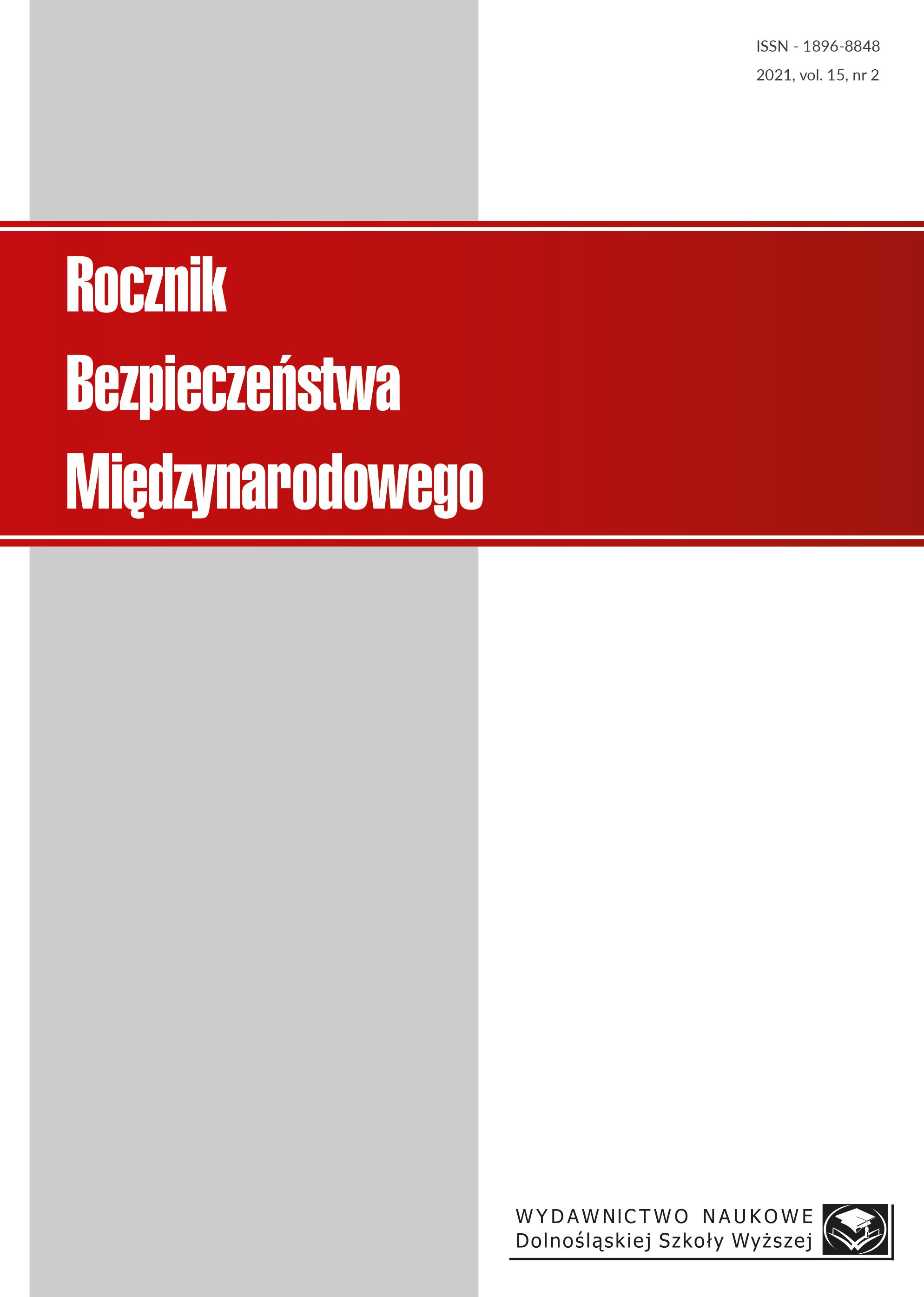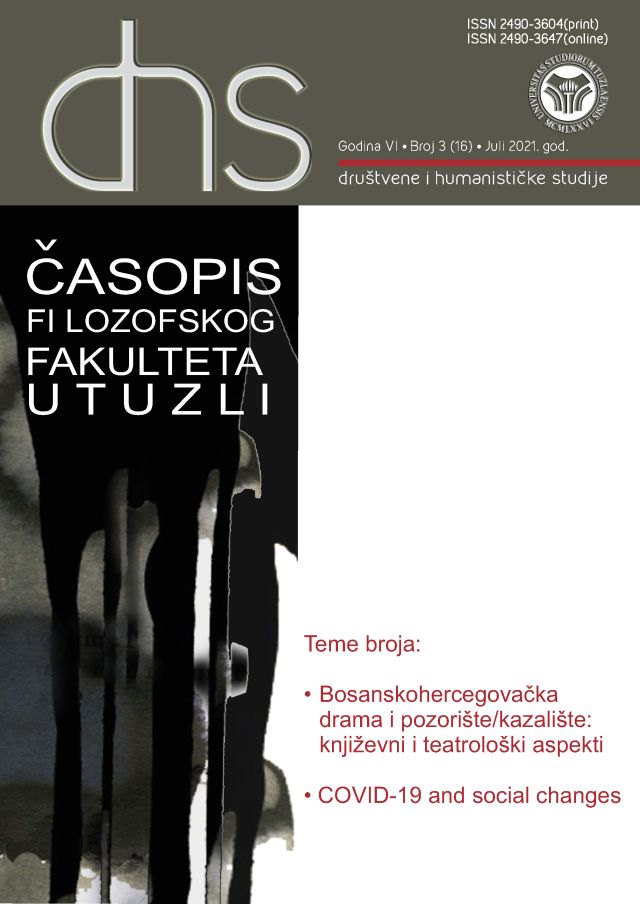
Political Priorities of Public Administration, Welfare-state and Constitutional Democracy after the 2020-2021 Pandemic
At the time of the official Coronavirus, 2020-2021 Pandemic emergency measures and general restrictions on the freedom of movement and the other fundamental human and constitutional rights and freedoms were and still are in place. The question of what kind of world will we enter after the official end of the Pandemic was quickly raised. The problem of fear intensified. This is not only a social problem but also a legal one: people have a fundamental human right to protection against fear. The absolute short-term priorities of public administration in all EU and Council of Europe Member States will have to be focused on ensuring that fear and anxiety do not become a new epidemic. Concern for the efficiency and quality of the public health system should be strengthened and improved. Including mental health care and suicide prevention, care for the well-being of the elderly and terminally ill, people with disabilities (in general and disabled workers), care for children, especially children with special needs, and care for large, diversified, and quality palliative care. Also, a need exists for a changed and improved legal policy regarding the system of education, scientific research, and employment. Last but not least, care must be taken not to take fundamental human rights and freedoms for granted. The health crisis will result in a new economic crisis. It should not be accepted as the end of the Welfare (Social) State. It is a new opportunity to defend social and economic human rights and to create the common European Welfare State. Right now, new ideas are needed –even crazy ideas. We need a kind of utopia. And faith and hope in it, which will be the driving force of active action. The experience of the Pandemic must not prevent or take this away from us.
More...
